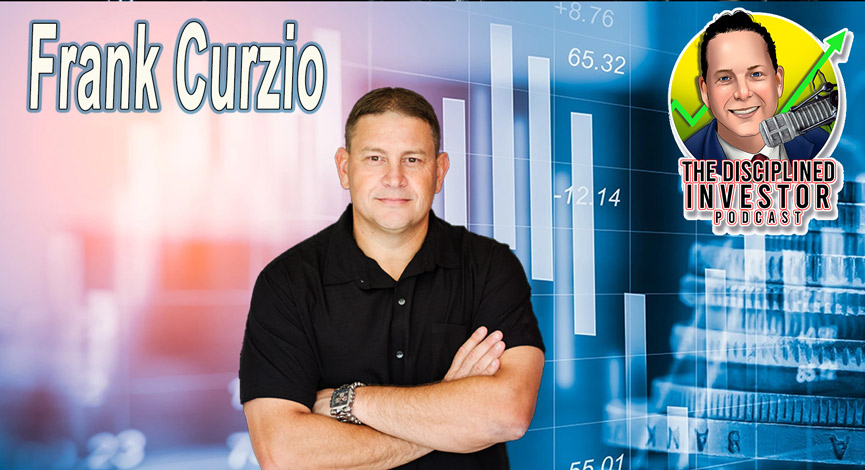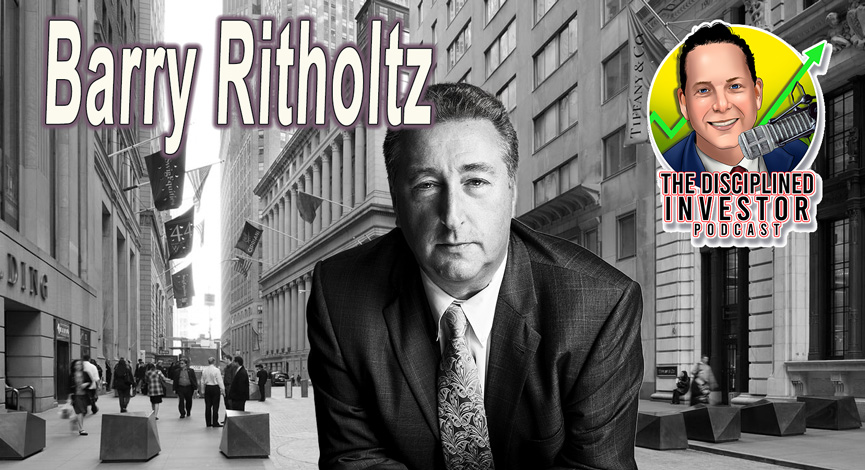Just a couple of weeks ago, I was astounded by the blabber and blather that our dear old friend Mr. Farrell was presenting regarding Lazy Portfolios. Yes, those again….
He even wrote a book touting the merits of a strategy that essentially employs “buy-and-hold” a.k.a “until-death-do-us-part” strategy. According to the publisher’s review:
Farrell persuasively argues that the strong long-term performance of these funds, even during hard market times-along with the strong performance of other Vanguard index funds such as those for large-cap and small-cap value-proves that “the only rational strategy” for the vast majority of America’s 94 million mutual fund investors is “a simple buy ‘n’ hold strategy” that diversifies portfolio assets across multiple categories of assets.
In his recent MarketWatch article, the idea of portfolio protection from random and unusual events is discussed. But I cannot help to wonder how this idea co-exists withe a Lazy Portfolio concept. One is looking to time the market and the other strategy says that timing is impossible.
Here is an excerpt:
Yes, there’s a test. We call it the “Black Swan Test.” It can predict your chances of making money on the next big meltdown, which will be far more damaging than the combined impact of the 2000 dot-com crash and the current subprime/banking meltdown that so far has cost American investors over $10 trillion.
The Black Swan Test will help you predict your chances of making money in what many are now reluctantly saying may turn into the Great Depression 2. Nassim Taleb, an options trader, mathematics professor and author of “Fooled By Randomness” and “The Black Swan,” says “Black Swans” are rare events with three defining characteristics:
- The event is highly improbable and unpredictable
- It will have “massive consequences”
- And, afterwards, experts invent reasons why it was predictable, not random
Taleb also implies a fourth characteristic. There are “two kinds of these rare events: the narrated Black Swans that are present in current discourse and you are likely to hear about on television, and those that nobody talks about … that you feel ashamed discussing in public because they do not seem plausible.”
Either way, whether we talk too much about a Black Swan coming or not at all, the evidence indicates that the vast majority of investors end up doing nothing in advance to protect themselves against the “massive consequences” when a Black Swan finally triggers a meltdown. And that includes “investors” like our Treasury secretary and Fed chairman, who failed the test.
If you can stomach more of this, here is the link: MarketWatch/Farrell on Swans.
Okay, I admit it…I am perplexed. If we are to be lazy investors, then how are we supposed to protect ourselves? I thought that did not matter as we are supposed to buy-and-hold.
He goes on:
Okay, why does all this matter? How will this choice help predict the next meltdown and bear-recession? And what does it tell us about the past, the dot-com crash and today’s subprime-credit meltdown? More importantly, what does your answer to this “Black Swan Test” say about your chances of winning or losing when the next big one hits?
Winning or losing? That is simple to answer. Lazy investors/Lazy Portfolios WILL LOSE – they have no choice.
If we are supposed to protect ourselves against these difficult/hard to predict events, how then are we supposed to be lazy? Paul….HELP! What are you talking about? No wonder that most investors end up doing nothing and then sit on a pile of rotting and expired corporate promises. If we are to accept this caliber of advice, investors will inevitably end up confused and holding a boatload of capital losses (unrealized of course)!
—
Here is how we do it. Not a lazy bone in our strategy – See the 14 minute virtual tour
















